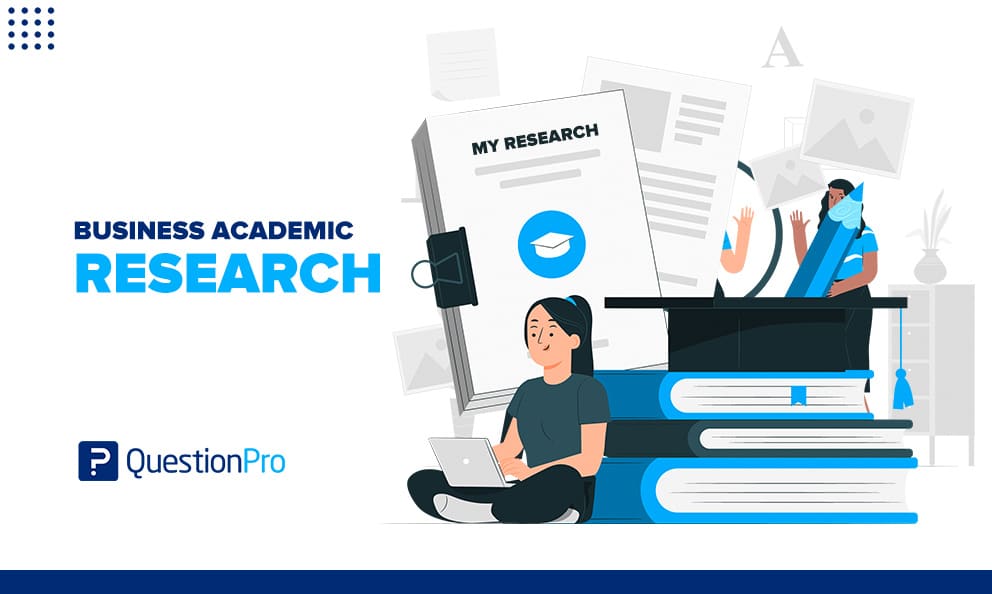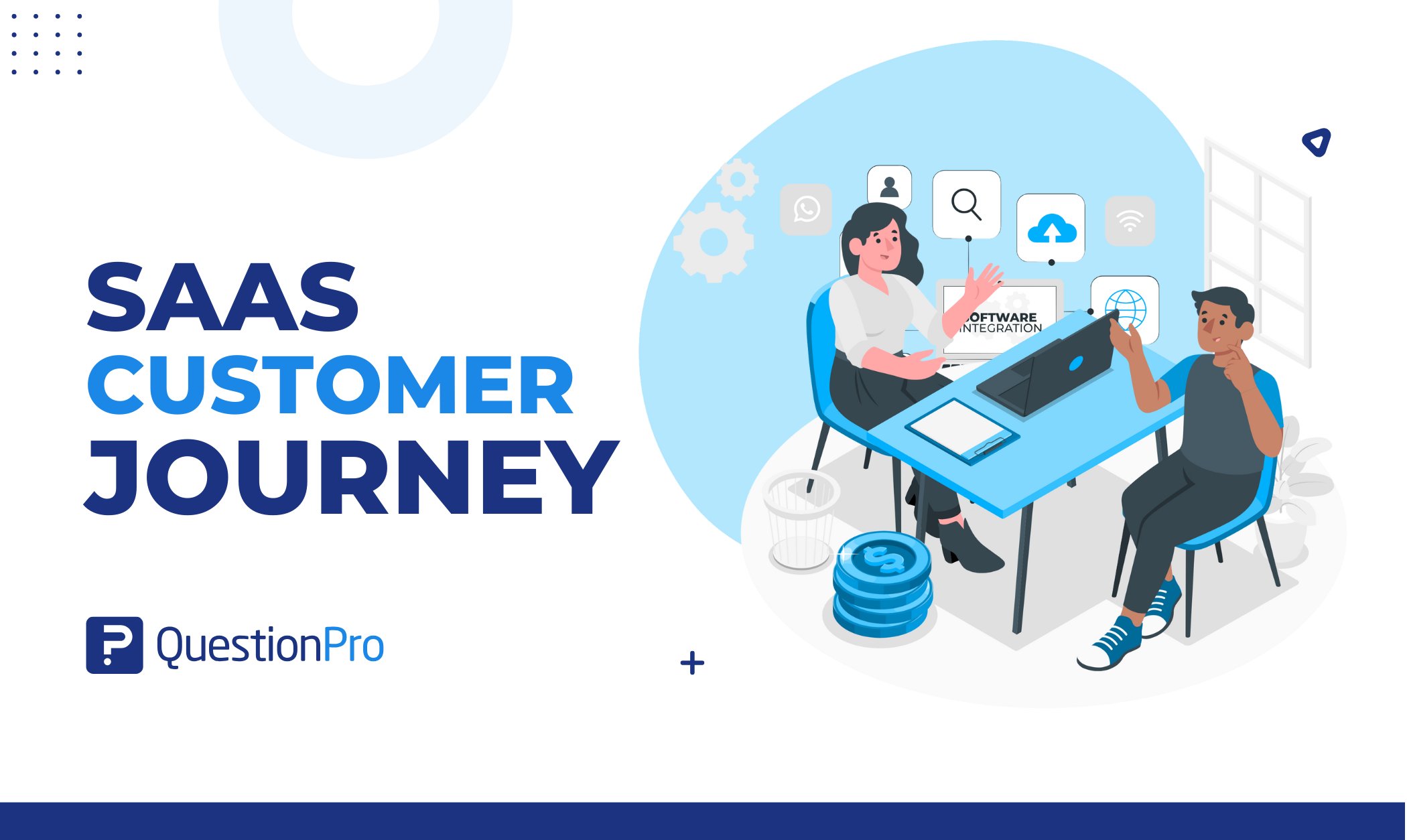
One of the biggest challenges many management scientists face is the ability to produce business academic research of quality. Academics are focusing on conducting research that positively impacts the field, but the hard truth is that practicing managers don’t often turn to consult this type of research.
What is Business Academic Research?
Academic research is an investigation conducted by universities and colleges to find answers to a question or to solve a problem they observe. Most of the time, people think that research involves being in a laboratory with tubes and beaks, but this is far from reality.
There are two types of research: basic research and applied research. Basic business research is a type of investigation focused on understanding a particular problem. This type of research focuses on the “how,” “what,” and “why” of the problem, obtaining basic information to try to explain the phenomenon in a few details.
Applied research, on the other hand, focuses on how to solve a determined problem. Empirical methodologies are used to answer a specific question that can be repetitive in the field. Both types of research are methods for finding specific information. The difference between them is that basic is used to expand current knowledge, and applied is used to find new specific information.
One of the biggest challenges many universities and management researchers face is to produce academically rigorous and helpful knowledge for professional managers. Harvard Business Review has described two main research problems when generating new business knowledge.
- Lost in translation. Researchers have found that most managers don’t look up to new research in their field. These same managers are more likely to hold on to old practices, which sometimes can be disproved in new investigations.
- Lost before translation. This is a more complex problem, as it is the tendency for academic researchers not to design the research with input from professional managers or employees. Researching a population requires gathering insights from them to be used in practice.
How to do Business Academic Research?
Doing business academic research is a challenging task. It is time-consuming, and you’ll need to consult many information sources for quality research. To start your research, you should focus on three key points: Industry analysis, competitors analysis, and customer analysis.
The industry analysis provides information about the industry potential regarding products and customers. This involves making a sales plan that compares the selected industry’s current market state. The analysis should include numeric information in the form of pie charts or bar graphs to demonstrate the industry’s status. Some things to consider in this are:
- Identification of the industry and overview of it
- Summarize the nature of the industry
- Provide a forecast
- Identify internal and external stakeholders
- Make a SWOT analysis
A competitive information analysis is useful for determining the business’s competitive advantage compared to those already in the industry. The goal of the competitive analysis is to demonstrate the domain you have within the industry to convince others. Be sure to provide statistical information. The things you should have in this analysis are:
- List of all competitors
- Highlight the strengths and weaknesses of the business
- Clarify the position in the market
- Describe the company in detail and the differentiations from competitors
A customer analysis is a critical part of the business academic research process. It identifies the target customer by creating a profile and specifying how the product or service will satisfy its needs. It’s a simple academic research tool, but this analysis can help to understand the current and potential customers. Essential things to include are:
- Customer demographics
- Behavioral analysis and buying criteria
- Purchase process and patterns
- Projection of changes over time and in the future
Business Academic Research Steps
Choosing a research topic
Choosing the topic can be a struggle for some researchers. A piece of advice most experienced researchers give is to choose something you’re really passionate about. Whether it is software, tech, finance, or marketing, the critical thing to think about is that the topic you choose can be relative to a subject you dominate and feel comfortable with.
Writing a literature review
A literature review is a process of reviewing other researchers’ work within your field of study to use it as a base for data collection. A structured review can be helpful before writing your ideas. Structuration means dividing the articles and information into topic blocks.
For example, if you were to write a research about “social media marketing in tech companies in Austin,” finding literature on individual terms such as social media, marketing in tech companies, Austin economic overview, etc., can be beneficial when you start writing about topics and subtopics in your research.
Choosing a research strategy
Choosing the research strategy is a two-step process. First, you have to decide on your research approach. This is the plan that’s going to be used in the study. There are three categories of research approaches: deductive, inductive, and abductive.
Once the research approach is chosen, the next step is to choose the research design. The research design can be qualitative or quantitative, depending on the research approach. Quantitative design works best for deductive research, as the data collected in the form of numbers and statistics are better for hypothesis testing.
Qualitative research, on the other hand, works well with inductive and abductive research are more focused on answering a question, so opinions and focus groups are better options for this type of research.
Sampling
The sample is the group of people who will participate in the research study. A valid investigation must carefully select a representative population affected by the problem chosen as a topic. There are two sampling methods:
- Probability sampling. It involves a random population selection, allowing the researcher to make statistical inferences about the population.
- Non-probability sampling. Involves a carefully selected group of people using determined criteria.
Executing data collection
Now that research is taking form, it’s time to collect the information that will give the insights necessary to conclude the research. Four of the most used data collection methods are:
- Surveys: This is the most used data collection method, as it requires almost no intervention from the researcher and can be applied to a broad population sample.
- Interviews: This type of method can be quantitative and qualitative. The advantage is that being a 1 on 1 conversation generally leaves more room for explanation and data collection.
- Focus groups: Like interviews, the focus group can provide quantitative and qualitative data. The main difference between an interview and a focus group is that the second one involves 6 to 10 people, so the interviewer must be prepared to adapt to changes and extract information more quickly.
- Observation: Observation is a method of data collection that incorporates the researcher into the natural setting where the participants or the phenomenon is happening. This enables the researcher to see what is happening in real-time, therefore eliminating some bias that interviews or focus groups can have by having the moderator intervene with the subjects.
Conclusion
Universities and colleges need to take the initiative to produce more valuable knowledge and distribute it as a part of their core value. Business management is an ever-changing field that needs professionals to adapt to new environments. The University of Michigan Ross is an excellent example of how to take the lead in this matter.
With its program, Business + Impact, its goal is to connect research students with corporate partners to drive influential research that makes a positive impact in the field of business.
There’s quite a long way ahead for business academic research. QuestionPro, the leading survey software in the world, is compromised in providing a powerful solution for universities and colleges to conduct high-quality academic research.







